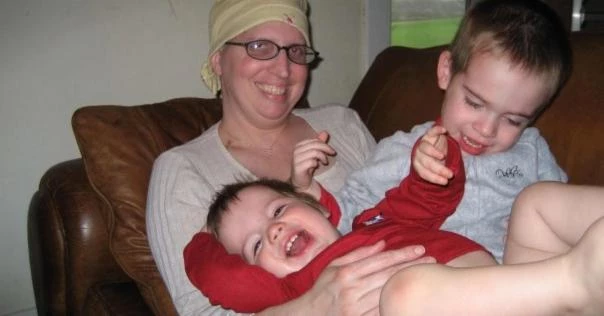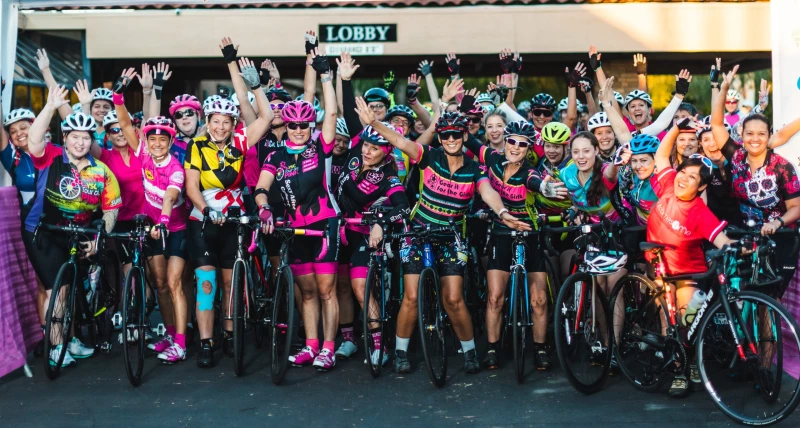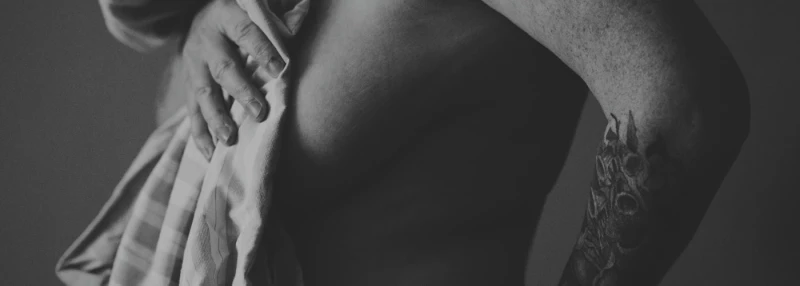Changing My Identity
In December 2006, I was diagnosed with Stage 3 breast cancer at the age of 38. At this point in my life, my identity was wife, mother of three boys--ages 3, 2, and 11 months--and lecturer of occupational therapy. In a moment, my identity changed to breast cancer patient. My personal journey through treatment was arduous with life threatening surgical complications, overwhelming due to chemotherapy side effects and anxiety-filled “waiting for the other shoe to drop.”
As an occupational therapist, I had helped many people reconstruct their lives after illness and traumatic accidents. Now, I found myself having to reconstruct my own life. I was adrift and needed to figure out my roles of mom, wife, breast cancer survivor, occupational therapist and lecturer. My mother-in-law, offered some sage advice--that one day I would wake up and have turned the corner. Now I’ll be honest here, I'm a little impatient and was constantly looking for the corner.
Finding That Corner
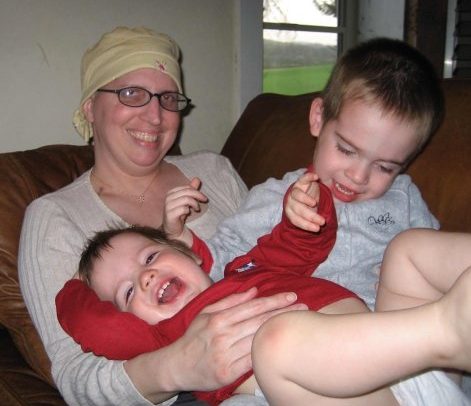
While in treatment, I attended the YSC National Summit in Washington D.C. One session focused on advocacy and the National Breast Cancer Coalition's work. Now this was something I could get into! I was able to see the direct relationship between advocacy, research and my own treatment. It was clear there was a lot more work to be done. In my mind, I was trying to put together how all my roles interconnected.
I quickly realized that occupational therapy should be included in cancer treatment. For example, I was told not to lift more than 30 pounds, yet no one offered me any advice or strategies of how to take care of a 30+ pound toddler. This is something I would address with a client if they couldn’t take care of their child. I also thought about energy conservation and lymphedema prevention and role performance. As I bumbled along in a post treatment haze, I was approached by some OT graduate students that wanted to do their research project related to breast cancer. We decided to look at how roles change for women with breast cancer. Things were beginning to mesh for me and I saw that I could contribute to research on survivorship using my skills as an occupational therapist.
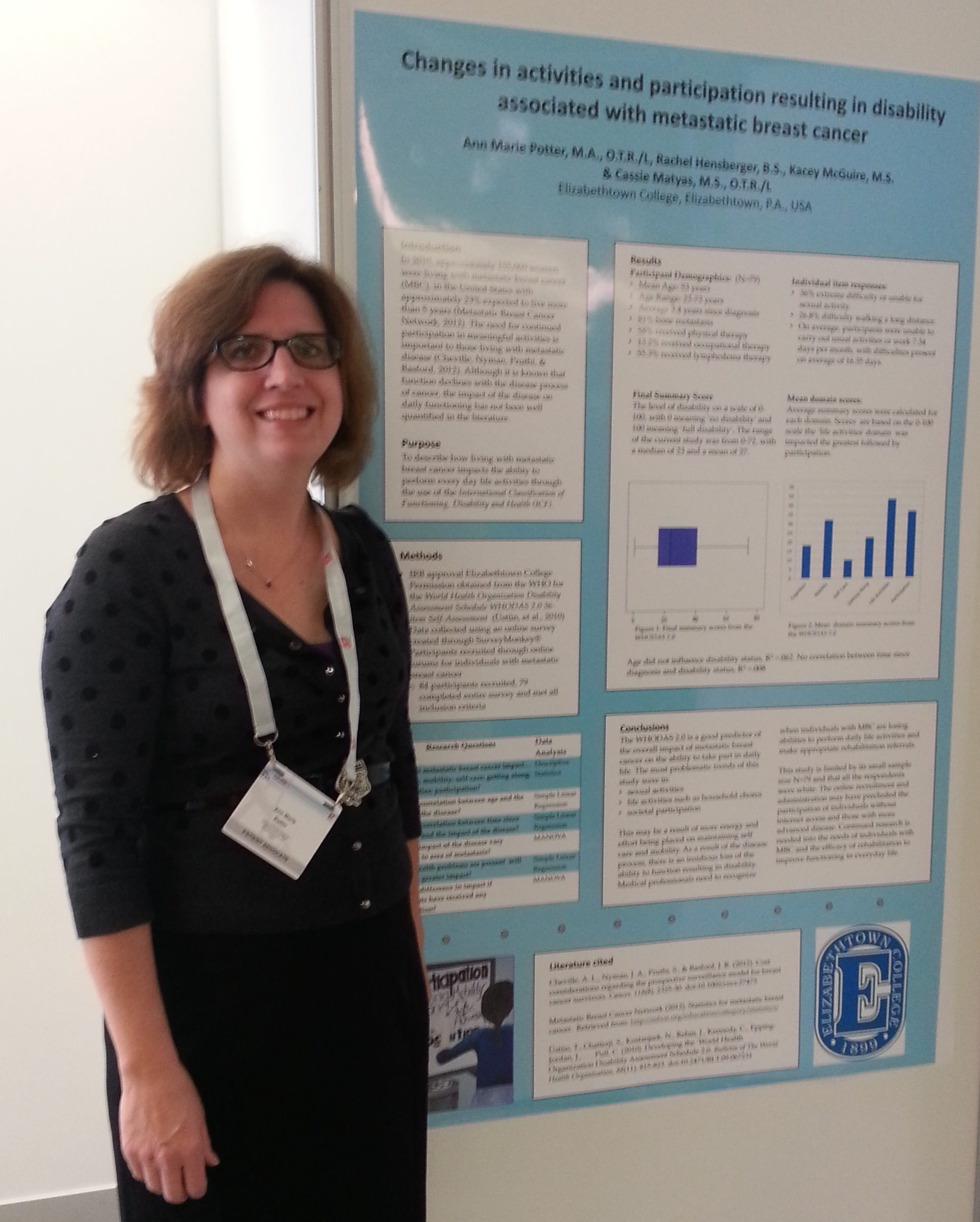
Back To School
I attended NBCC’s Project Lead in 2010. During lunch, I discussed my work as an occupational therapist and spoke of my interest in survivorship research. I was encouraged to look at cognition and how it changes related to breast cancer treatment, and how it impacts everyday life. As I reassessed where I was at, I decided that it was time to go back to school for a PhD so I could do better research. I enrolled at Virginia Commonwealth University in the Health Related Sciences-Occupational Therapy Doctoral Program. Between attending boys soccer and little league games and helping with homework-- it was the support of my family and work colleagues who helped me balance life and being a student.
Where It All Lead
Now I am a doctoral candidate. I'm currently researching the impact of breast cancer treatment on cognition and functional performance. Many a breast cancer survivor has complaints of cognitive changes, but we really haven’t quantified how much this impacts our abilities to do our everyday life activities. Occupational therapy has been named a first line intervention for cancer associated cognitive impairment by the National Comprehensive Cancer Network. So there is a need within my profession to learn more about the cognitive and functional changes after cancer treatment. My cancer journey hasn’t been mapped out well, but I have turned the corner. I'm now able to put together the meaningful things in my life.
The Impact of Chemotherapy and Radiotherapy for Breast Cancer on Cognition and Functional Performance
Ann Marie is currently enrolling individuals, who are Stage 1-3, nearing the completion of treatment--chemotherapy only, radiation only or chemotherapy and radiation. For more information about the study, click here.
